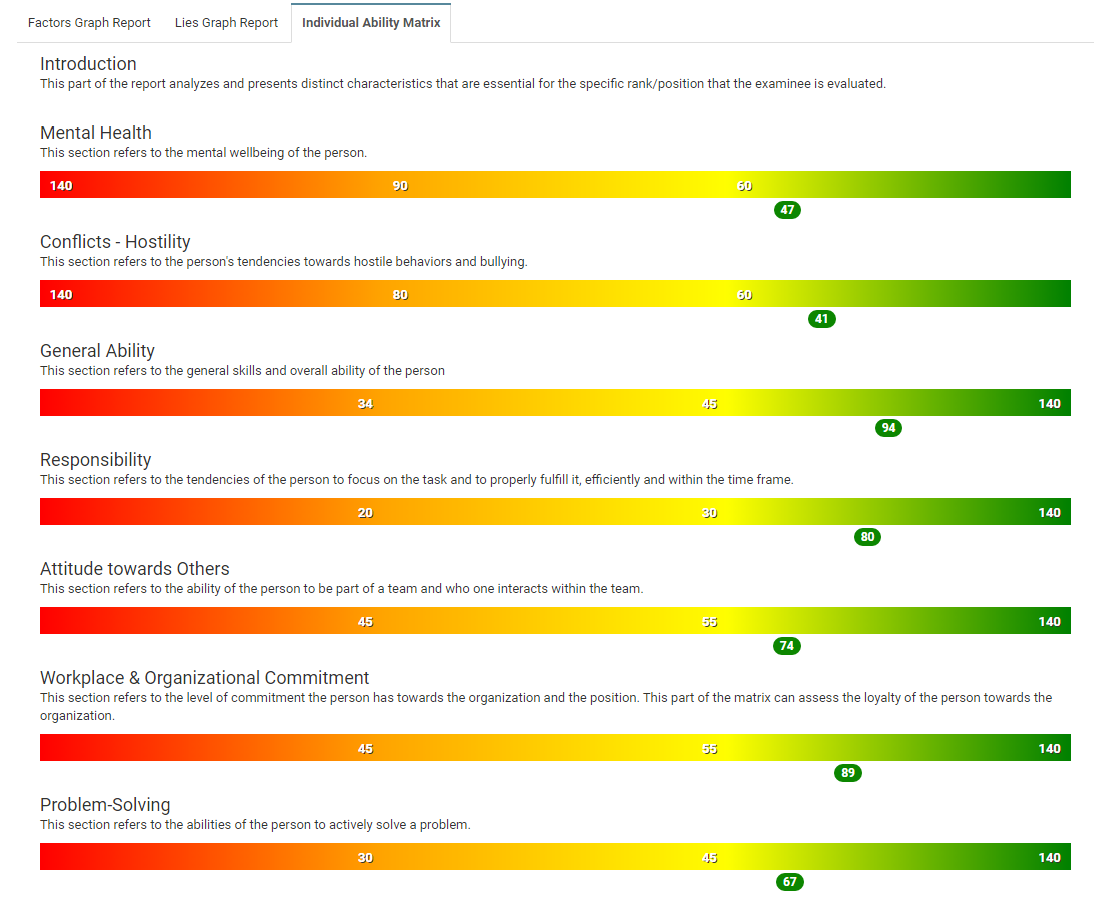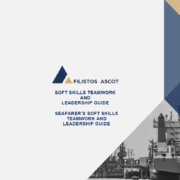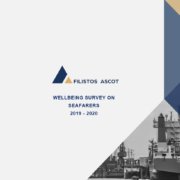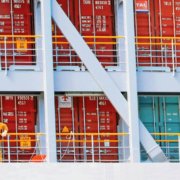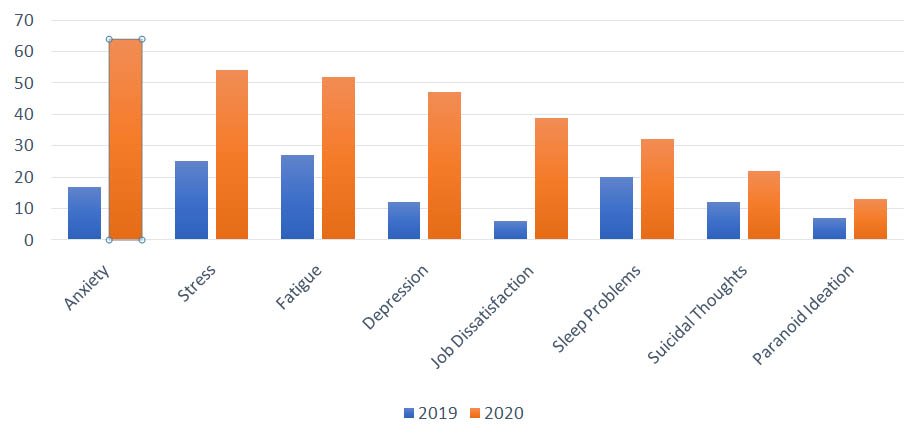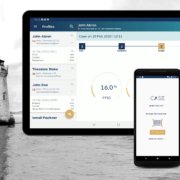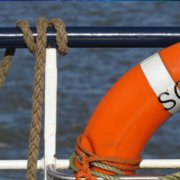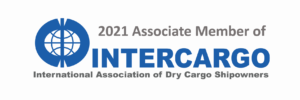Since the start of the ban on movements due to COVID-19, all shipping companies have been trying for the obvious, to declare seafarers, essential workers, so that the necessary changes can be made.
The consequences of this problem are multidimensional and create an equation that, now, seems almost impossible to solve for two reasons. First, situations continue to change. Secondly, the pressure experienced by seafarers is now so great that any intervention becomes particularly difficult.
Recently, Filistos ASCOT presented a study on the psychological state of seafarers, from February to May 2020. In the table below and the corresponding graph, we can see the difference between this four-month period between 2019 and 2020.
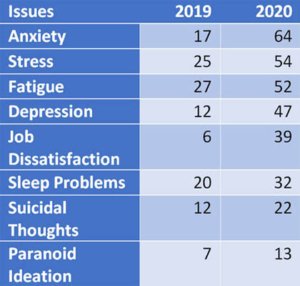
Our sample for these results is from 2479 seafarers from 17 countries and all positions. The sectors from which they come are oil tankers, dry cargo and cruise ships.
Seafarer’s Well-Being February to May 2019-2020 Comparison
From the graph above we can see that all factors related to mental health, anxiety, stress, depression, have a significant increase. It should be noted that this increase is in officers and ratings alike, which makes these results even more worrying.
The three points I would like to focus on, however, are the significant increase in suicidal thoughts from 12% to 22%, which shows almost a 100% increase of those who have thought at least once to end their lives. Also, the appearance of paranoid thoughts, due to anxiety, which also almost doubled, from 7% to 13%. But what I see as the most important element is “Job Dissatisfaction”, i.e. the tendency of the individual to want to change profession. In 2019 this figure was 6%, an acceptable percentage for any industry. In the same period in 2020, this figure has soared to 39% i.e. an increase of 6.5 times. One useful piece of information we found is that the difference between officers and ratings was also, not statistically significant. That suggests that even high-ranking officers, i.e. masters, chief engineers, will seriously consider embarking again.
But what does these numbers mean?
Under no circumstances we imply that all 39% of seafarers will leave the maritime profession. This figure is of concern because it shows the general dissatisfaction and anxiety the current situation creates. From discussions with seafarers that we have conducted for support, they understand, most of them at least, that it is not the companies’ fault but transnational, that is also not enough though. Even if no one leaves shipping, this 39% suggests an increased suspicion and the possibility of an upcoming inflexibility from the seafarers, because there will be a fear of not being in a similar situation again.
At the moment one cannot question the increased pressure felt by the people onboard, who are working longer than expected, based on their contracts, with increased fatigue and listening to what is happening, with numbers of cases and deaths of COVID-19 in each country and suicides of seafarers who cannot be repatriated.
Also, we must not forget the large number of seafarers who cannot work, because no changes are being made and they are in a dire economic situation. For this population, unfortunately we do not have any evidence that we can present.
What does the future hold?
The honest answer is we do not know. The global situation is so fluid that safe conclusions cannot be drawn. We can only focus on some simple interventions to support seafarers, who may be in poor mental condition at this time:
- Ability of providing support in case of need.
- Ability to monitor by the captain of the mental health and condition of the crew.
- Need to inform families about the whole development and provide guidelines for their communication with their seafarers onboard.
- Frequent newsfeed by the company about relative developments to control, as far as possible, fake news, which can create huge problems.
Allow me to answer to the cynics, by saying that clearly all the above will not solve the problem, because the problem is transnational. So, since this situation is not under our control, we must see what we can do to improve it as far as possible. These interventions we have seen in practice on a number of seafarers that we have supported that are quite effective.
Currently, it is everyone’s duty to help. In the context of social corporate responsibility, Filistos ASCOT has created material, print and video, which we distribute, free of charge, to support seafarers and their families. You can contact us to send you the material electronically, at no charge. This is a major crisis for the industry, and it is our firm belief that we all need to cooperate to help our seafarers as much and as effectively as possible.
See the Greek version of this article at https://www.isalos.net/2020/06/covid-19-oi-synepeies-stin-psychologiki-katastasi-ton-naftikon/
